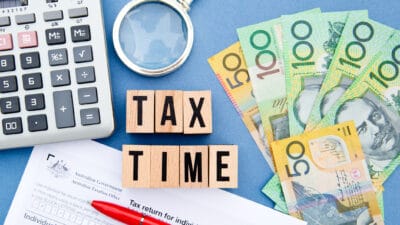These days saving money seems to be quite a topical subject for many people.
You've got some people who are spending all their earnings, perhaps more than their earnings, out of necessity due to the tough economic environment or perhaps because of lavish spending.
Then you have others like the FIRE (Financial Independence, Retire Early) crowd who are trying to save 50% or more of their income for an early retirement.
Of course, there isn't a right answer about how much you should save. Someone that saves 20% of their income isn't twice as good as a person who saves 10%. There is a lot of value in spending money today. If you have a young family it's not a good idea to think that not spending anything on fun activities is clever because when you're 80 you can go to Disneyland or a Village Roadshow Ltd (ASX: VRL) theme park five times a year. Life doesn't quite work like that.
However, at the same time you will be headed for financial ruin if you consistently spend 110% of your earnings.
There are many tools you can use to help track your savings, such as the free tools offered by banks like Commonwealth Bank of Australia (ASX: CBA) or the free app Pocketbook (owned by Zip Co Ltd (ASX: Z1P).
I think the best way to live is to find a balance between living for now and later. In Australia a lot of us don't have to save quite as hard for retirement as overseas because of the mandatory superannuation contribution of 9.5% of wages. Hopefully business owners are also taking advantage of the tax bonus of super.
It's true that having your money locked away until your late 60s or 70s is annoying, but we will reach that age at some point and whatever money is in your super account will be useful.
Foolish takeaway
If you're happy with your current level of spending then just sticking to that and avoiding lifestyle inflation could be the way to go.
However, I do think that most people would put their long-term finances in good shape if they can save around 10% of their earnings if possible so that you are contributing to your wealth. It's also a good idea to have an emergency fund with at least $1,000 of cash.








